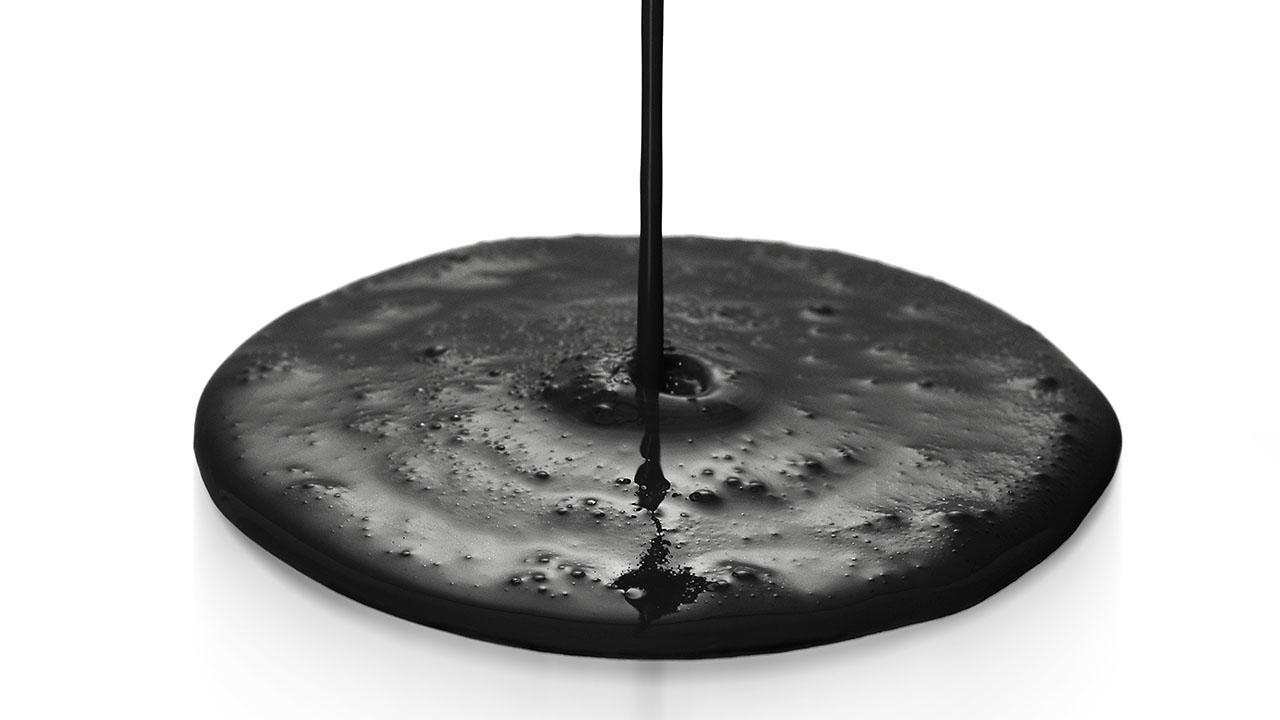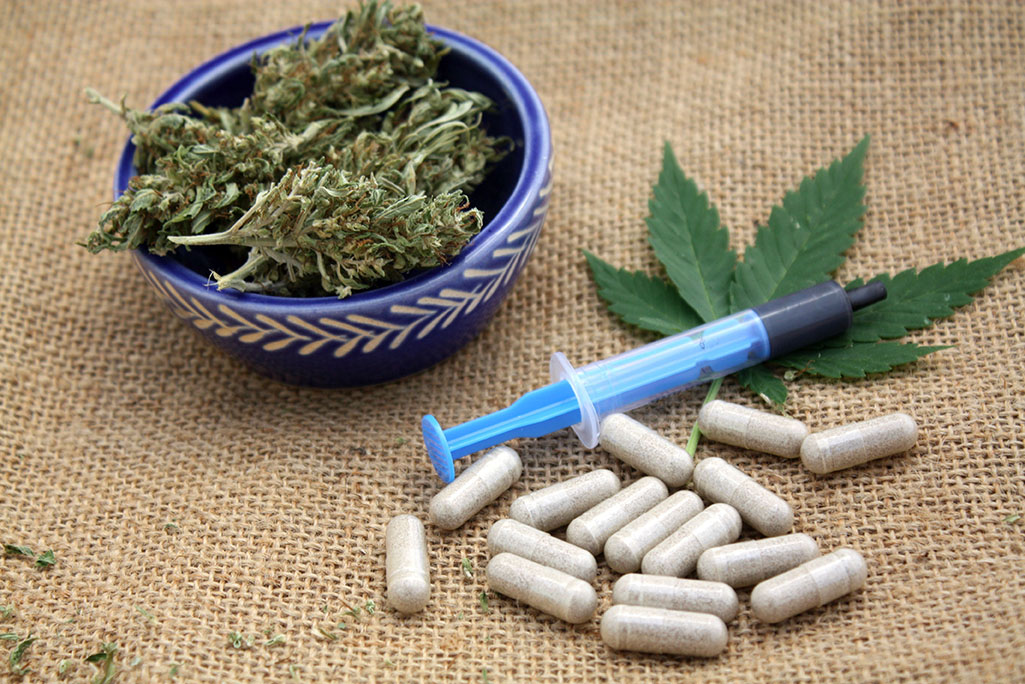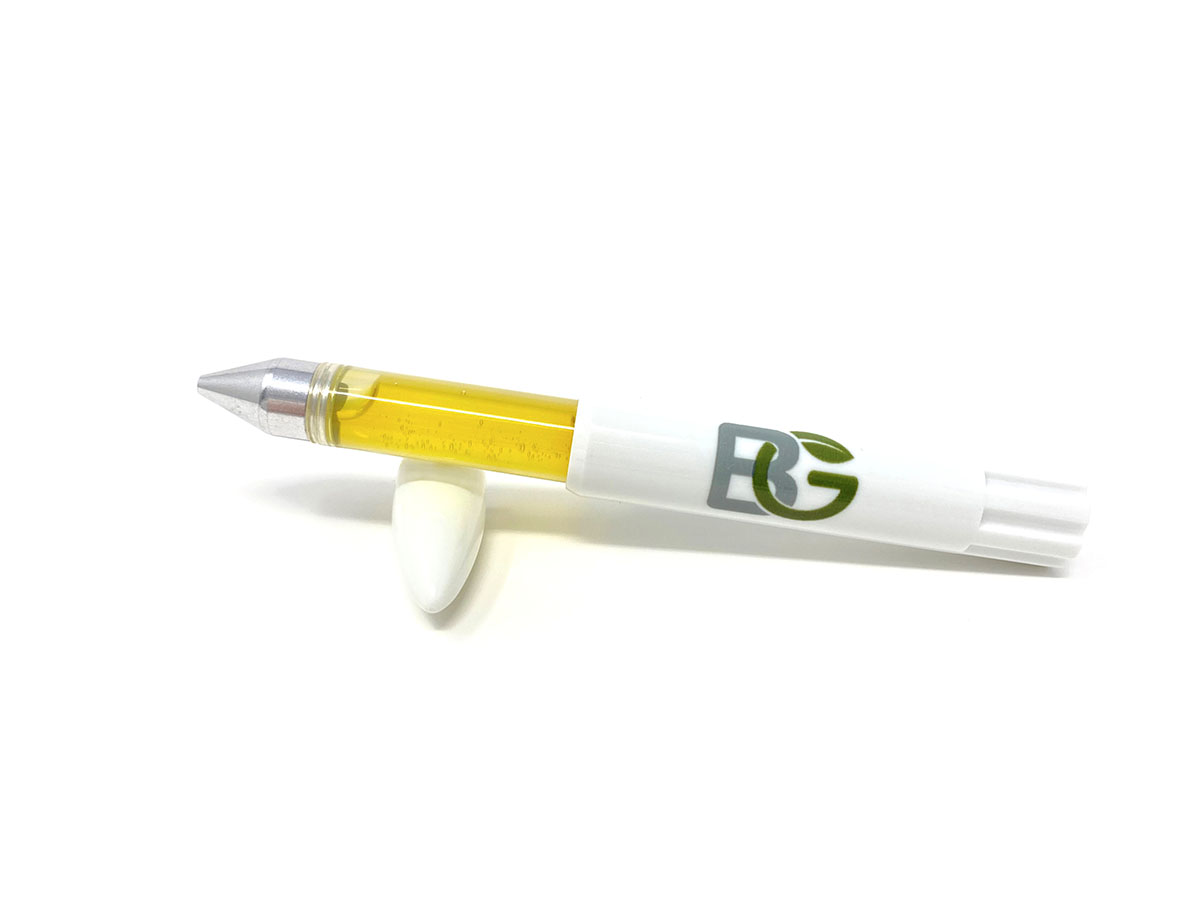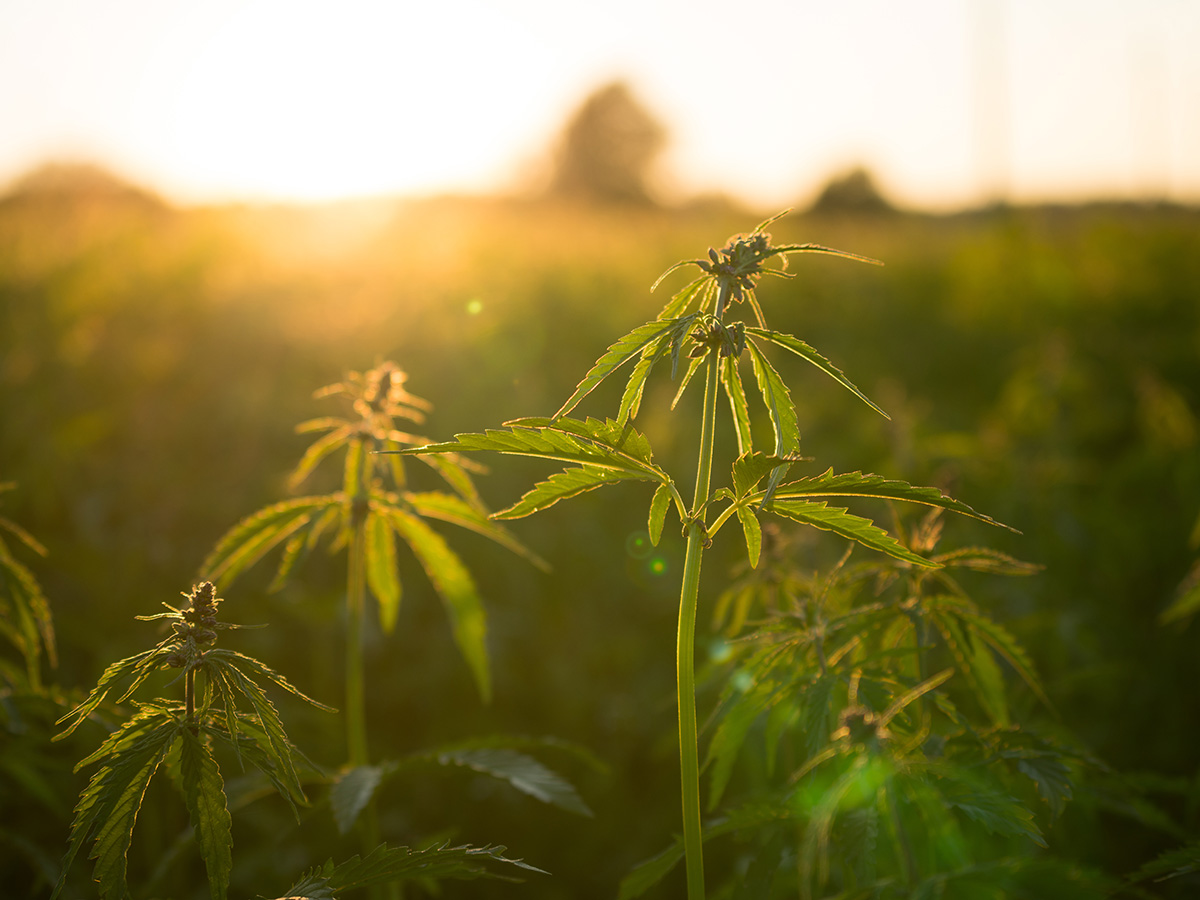
Rick Simpson Oil (RSO): What Is It & How Is It Made?
August 12, 2024
Rick Simpson Oil, commonly known as RSO, is a marijuana concentrate known in the cannabis community for its high potency and potential therapeutic benefits. But what is Rick Simpson Oil, what is RSO used for, how is it made, and how do you use it? In this guide, we’ll dive into the history, intriguing story of its namesake, production, and more.
What is RSO?
Rick Simpson Oil (RSO) is a potent cannabis extract known for its high THC content. Unlike other cannabis concentrates, RSO, which looks like oily tar, is specifically formulated to contain a full spectrum of cannabinoids and terpenes found in the cannabis plant. The oil is often used for its potential therapeutic properties, such as pain relief and other medicinal benefits.1
The Story of Rick Simpson
It’s all in a name, right? Rick Simpson is the creator of RSO. He is a Canadian medical marijuana activist and engineer who gained fame by creating cannabis oil with a goal to treat his own health issues. Simpson’s journey with cannabis started in 1997 when he suffered a severe head injury, leading him to explore the medicinal properties of cannabis after traditional treatments failed.
In 2003, he was diagnosed with basal cell carcinoma, a type of skin cancer. Again, he turned to cannabis oil after reading a 1975 study that suggested cannabis oil may have slowed cancer growth in mice. Once in remission, Simpson believed the cannabis oil treatment cured his cancer. He has since become an advocate for the use of RSO for cancer patients, as well as for pain relief.2
Does RSO Work?
The effectiveness of RSO is a topic of much debate and ongoing research. While anecdotal evidence and some preliminary studies suggest that RSO may have the potential to treat specific medical conditions, there is no conclusive scientific evidence to fully support these claims.3
So, in short, “Does RSO work?” The answer is maybe. The THC-rich Rick Simpson Oil may improve appetite, relieve pain, and reduce nausea and vomiting in cancer patients,4 while THC and CBD, produced by the plant’s trichomes, may make cancer cells respond better to radiation.5 It may also help reduce or control epileptic seizures.6 However, more research is needed to fully understand the medical applications of cannabis.
How is Rick Simpson Oil Made?
Rick Simpson Oil is made through a highly concentrated extraction process in which high concentrations of cannabinoids–primarily THC–and terpenes are extracted from cannabis flower through the use of a solvent. The extract is refined and solvent is removed, leaving behind a thick, tar-like substance that is typically sold in a syringe.
Please note that this process should not be attempted at home as it is extremely dangerous and requires a professional-grade lab and materials.
RSO Oil vs Cannabis Oil
RSO and cannabis oil are derived from the cannabis plant, but they differ in their contents and intended use. RSO is known for its high THC content and full-spectrum cannabinoid profile, which activates the entourage effect because of how these cannabinoids and terpenes interact with the body’s endocannabinoid system. In contrast, cannabis oils are formulated to highlight specific cannabinoids, like CBD, and may not contain the full range of plant compounds found in RSO.
How Do You Use Rick Simpson Oil?
RSO, like other cannabis concentrates, can be consumed in a variety of ways.
RSO Syringe
Because RSO is so potent, accurate dosing is crucial. One of the most popular ways to purchase RSO is in a syringe, which allows the consumer to monitor even the smallest amount of the product. May patients choose RSO syringes for sublingual (under the tongue) consumption or topical applications.

RSO Edibles
RSO edibles can be purchased at a dispensary as its own product, or consumers can use an RSO syringe to add the concentrate to any food or beverage. Remember that since RSO has already been decarboxylated, it should only be added to food or drink that is ready to be consumed.
RSO Capsules
Encapsulating RSO is another convenient option, allowing you to ingest the oil in a controlled, discrete, and tasteless dose.
Vaporizing or Smoking
While not as common, RSO can be added to cannabis flower to vaporize or smoke. Remember to account for the sticky consistency when deciding how you want to consume your infused flower. We recommend a glass pipe that is easy to clean rather than attempting to make RSO-infused joints or blunts.
How Do You Dose RSO?
Dosing RSO can be challenging because of its potency. It’s recommended to start with a small amount, roughly the size of half a grain of rice, and then gradually increase the dose once you know how Rick Simpson Oil affects you. Consult with your favorite budtender or a licensed medical marijuana professional if you need dosage and other RSO advice.
Answering FAQs About Rick Simpson Oil
There is a ton of mystery around this unique concentrate, so we’ve compiled a list of the most popular questions we hear at our dispensaries.
How do you use an RSO syringe?
An RSO syringe can be used to dispense the oil sublingually or topically. It can also be added to food and drinks or put in a capsule for easy ingestion.
Can I make RSO?
No, you should not attempt to make RSO at home. The extraction process can be extremely dangerous due to the use of highly explosive solvents. Cannabis cultivators have professional equipment operated by extraction experts to ensure a safe process.
Can you smoke RSO?
Because RSO is a sticky liquid, you won’t be able to smoke it by itself. However, you can use it to infuse your cannabis flower for a more potent experience.
Can you dab RSO?
You can dab with RSO, but it’s not a common method because of its sticky consistency.
Can you cook with RSO?
Rick Simpson Oil can be added to various sweet or savory recipes to make edibles, but you should not add it until the food is completely cooked. This is because RSO has already been decarboxylated, so further exposure to heat will cause the THC to degrade.
Purchasing RSO
Rick Simpson oil has a fascinating history, and it makes sense that cannabis enthusiasts want to try RSO for recreational use. Remember that the concentrate is highly potent, so follow the newbie cannabis user’s advice of starting low and slow. Talk with your budtender if you want to know more about RSO.
Sources
1. “What Is Rick Simpson Oil?” Leafwell, https://leafwell.com/blog/what-is-rick-simpson-oil-rso/
2. “The Ultimate Guide to Rick Simpson Oil (RSO),” CannaMD, https://www.cannamd.com/the-ultimate-guide-to-rick-simpson-oil-rso/
3. “Preclinical and Clinical Assessment of Cannabinoids as Anti-Cancer Agents,” Frontiers, October 7, 2016, https://www.frontiersin.org/journals/pharmacology/articles/10.3389/fphar.2016.00361/full
4. “What is Rick Simpson Oil? Your Complete guide to RSO,” Leafly, September 30, 2022, https://www.leafly.com/news/cannabis-101/what-is-rick-simpson-oil
5. “Can Rick Simpson Oil Treat Cancer?” Healthline, June 20, 2023, https://www.healthline.com/health/rick-simpson-oil-cancer
6. “Rick Simpson Oil (RSO) for Cancer: Does It Work?” WebMD, June 22, 2024, https://www.webmd.com/cancer/rick-simpson-oil-for-cancer-overview
Please consume responsibly. This product may cause impairment and may be habit forming. There may be health risks associated with consumption of this product. State laws impact what dispensaries can and can’t sell to recreational customers and medical marijuana patients. Not every type of product, consumption method, dosage form, or potency mentioned on this blog will be permitted in all locations.


